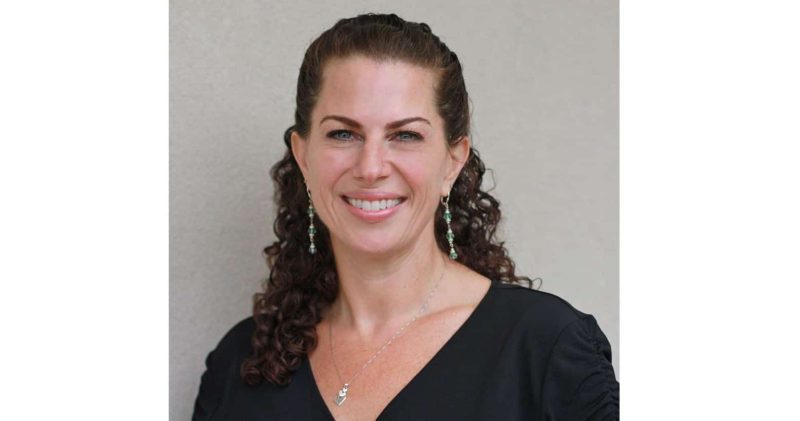PUBLISHED: 10th November 2021

by Debbie Lesser
Genetics is a confusing topic for most people. Whereas genetic counselors have had years of education, many receiving postgraduate degrees, the general population typically learns about genetics through articles, documentaries, podcasts, webinars, family members and basic discussion during biology class. Often, this disjointed information becomes like jigsaw pieces in an elaborate puzzle that overwhelms individuals as they try to put all the pieces together.
This complicated subject becomes even more complex when we’re diagnosed with an inherited genetic mutation. Not only do we need to get our facts straight and understand our options and outcomes, but we also need emotional support, validation and empathy from others.
Traditionally, we would bring family or friends to our healthcare appointments to help us gather information and ask questions, but with Covid as the new normal, now we must often navigate this process on our own. If we’re lucky, we may have a telehealth consultation and include members of our support systems; however, this convenience also adds a new barrier to the patient/provider relationship.
Now imagine you learn that you have a high-risk mutation but you have limited access to support or factual information about it. Anxiety increases, making it difficult to sort out any new information you manage to find. Sleep could be affected, negatively impacting general health and wellness. Fear of the unknown can also be debilitating, resulting in the inability to determine how best to proceed.
Unfortunately, for members of the Deaf community, this experience is far too common. Hospitals and healthcare organizations often don’t know that they have a responsibility to provide an interpreter or they don’t have access to qualified healthcare interpreters. Genetics is such a complex topic that the interpreter must have an understanding of what is being shared about diagnoses and protocols. Healthcare professionals may resort to using friends or family to provide interpretation, which often leaves the Deaf person with large gaps in information or worse, with misinformation. This also makes it more difficult for the accompanying person to fully support their loved one. Instead, they have to focus on making sure that both of them understand everything that is being said. In addition, now that masks are commonplace in healthcare settings, people who previously relied on lipreading as an additional tool for understanding are left without access to facial expressions and other nonmanual bits of communication.
While there is no single solution to these challenges, measures can be taken to improve access for members of the Deaf community. It starts with education and training—for healthcare providers, interpreters and Deaf individuals:
- Healthcare professionals should know their responsibilities to ensure effective communication. Writing back and forth to communicate or asking a family member to interpret are not proper or sufficient accommodations. While on the surface these may seem appropriate, what typically happens is the translation is inaccurate or incomplete.
- Healthcare professionals should use everything in their toolboxes to creatively communicate with their Deaf patients. For instance, employing a combination of techniques (e.g., using interpreters and communicating by writing and using graphics/pictures) creates a holistic message.
- Interpreters can earn continuing education units (CEUs) while broadening their knowledge via workshops on genetics and other specialties affiliated with genetics such as oncology, women’s health and plastic surgery options.
- Deaf individuals can expand their understanding of hereditary cancer through the use of qualified interpreters. Access to webinars, support groups and one-on-one counseling is crucial to understanding and ensures that Deaf patients’ access to information is equal to individuals who can hear.
Together we can improve healthcare for groups who have historically been marginalized and often left out of their healthcare decision-making.
Note: FORCE has resources for the Deaf community, including our ABCs of Genetics video with American Sign Language translation (ASL). We are also offering Virtual Support Meetings in ASL. Contact us to learn more about support programs in Sign Language.
Debbie Lesser is a Previvor who volunteers with FORCE as a Peer Navigator. She is a certified American sign language interpreter and Manager of Medical Interpretation Services for a large healthcare system in Atlanta, GA. Debbie enjoys combining her passion for serving people and her experience as a FORCE volunteer to improve access to healthcare for the Deaf community. She believes that knowledge can empower people to make decisions that are right for them.